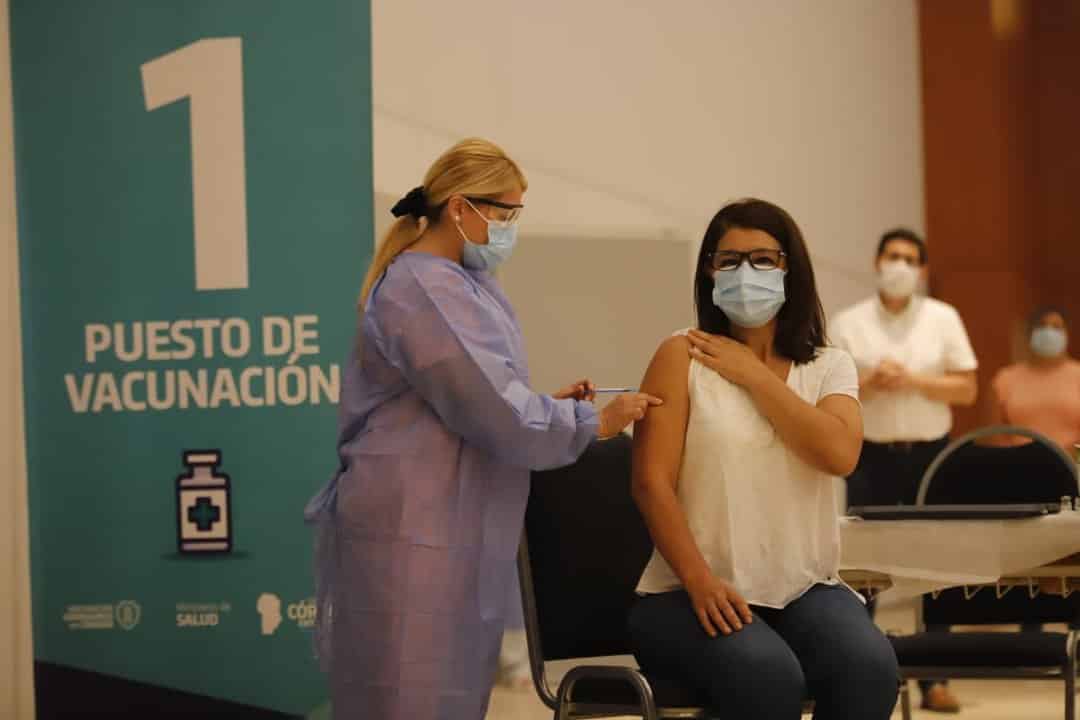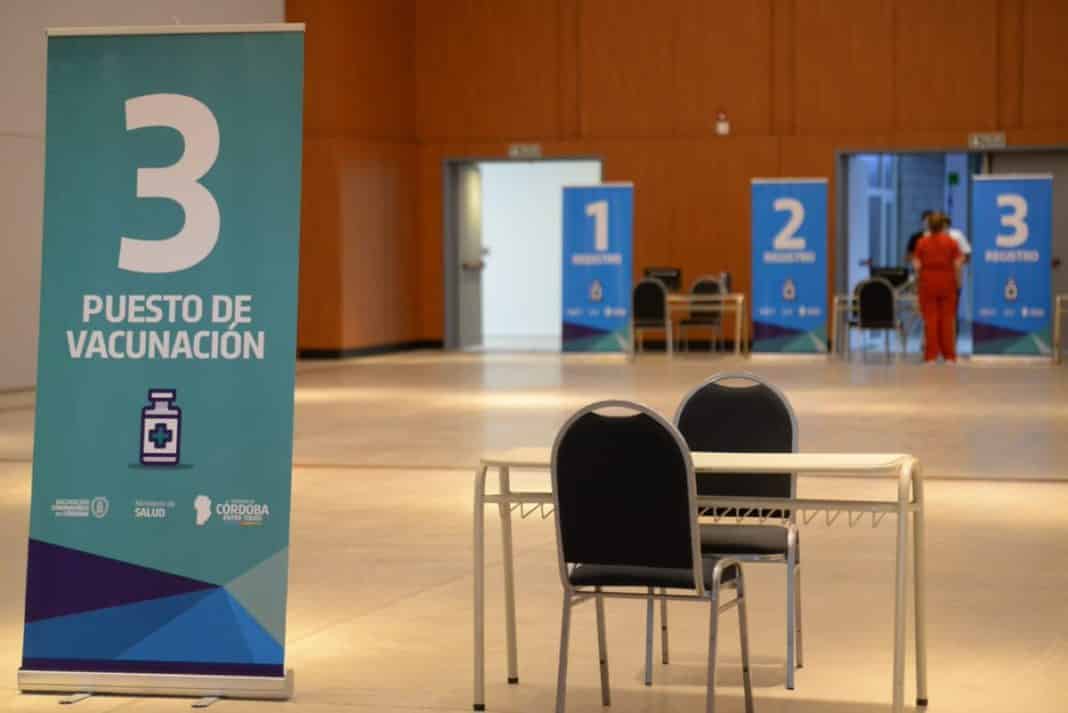The alarmism generated last Monday regarding the AstraZeneca vaccine, who’s vaccination program was stopped by the Government due to isolated events of thrombosis, completely paralyzed the first mass vaccination trial that was already underway in Valencia, amongst teachers and educational staff.
It was said that the time that the suspensions had as much to do with political considerations as scientific ones, and that would now seem to have been the case.
Many experts working in the health area said that, based on the data offered by the Ministry of Health, the decision was completely wrong.
However, once Germany hit the pause button, the pressure mounted on the Spanish government to do the same, lest public opinion punish them if they seemed incautious by comparison, and presumably also, for the sake of a united European front.
Germany’s decision set off a domino effect of defections from the vaccine. A cascade of countries —soon joined the decision to suspend AstraZeneca, dealing a significant blow to Europe’s already shaky inoculation drive despite a lack of clear evidence that the vaccine had caused any harm.
José Antonio Forcada, president of the National Association of Nursing and Vaccines (Anenvac), said that the decision had assumed an “excess of precaution” since there is no evidence to show that the introduction of the vaccine has increased the incidence of thrombosis amongst its recipients.

He said in his support of the AstraZeneca vaccine that “it saves an infinitely higher number of lives, in comparison to the possible adverse reactions that are currently receiving a disproportionate amount of publicity.”
Both the World Health Organization (WHO) and the European Medicines Agency (EMA) said that all cases were being investigated for a possible post-vaccination adverse reaction but that they did not advise stopping vaccinations, since the incidence rate of cases was not higher among the group of vaccinated people, than among a similar group of those unvaccinated.
In Spain, two autonomous communities immediately suspended vaccinations and were followed by the Ministry of Health, which opted to suspend the vaccine for 15 days.
“We think that there has been a lot of haste when it comes to stopping vaccination and a great lack of coordination at the European level,” Forcada said.
The decision to suspend in the Valencian Community came late afternoon on Monday as teachers and staff from across the province began to receive the Astrazeneca vaccine in the first mass vaccination trial in the Valencian Community.
The day began well in La Fe field hospital and at a number of other authorised points, but it ended in confusion, both for those who had received the vaccine and for those also who were sitting on the sidelines waiting to be inoculated, many of whom learned of the news through WhatsApp.
At 6.12 pm, to the astonishment of those still waiting, the head of Preventive Medicine of La Fe appeared in the field hospital shouting “no, no, no, the vaccination is suspended. No more vaccines”.
It was at that point that the program was brought to a halt with hundreds of medical staff and teachers shaking their heads in disbelief.
As the damage of the delays became clear on Tuesday, together of a realisation that the decision had been rather hasty, European officials then tried to play down the disruption. They said they were only waiting for European regulators to complete a fast review of the problems before they began vaccinating people with the AstraZeneca shot once again, but for many European scientists, that was a tortured argument, and the suspensions a devastating miscalculation by politicians.
By Thursday, following additional tests, the European Medicines Agency (EMA) had again concluded that the vaccine was safe, as it’s benefits in combating Covid-19 far outweigh the risks of side effects.
Less than 24 hours later Ximo Puig said that vaccinations with AstraZeneca would resume in the Valencian Community just as soon as the Ministry of Health gives their approval.
On Saturday morning however, following a videoconference with the heads of Health and Education, Ana Barceló and Vicent Marzà, he was a little more specific, stating that the Ministry of Health will resume it’s vaccination program with AstraZeneca next Wednesday, with personnel from home care services, municipal social services and private health staff, while the immunization of educational staff would recommence on Friday and Saturday of next week.
Currently, about 177,000 people have received two doses of the vaccine against the coronavirus in the Valencian Community, according to data from the Ministry of Health, that is 3.5% of the population.
Another 8% have developed antibodies due to being ill with coronavirus, so In total, 11.5% are now immune. Experts estimate that herd immunity is reached when 70% of a population is covered, so with a population of very nearly 6 million people, the Valencian Community still has an extremely long way to go.





